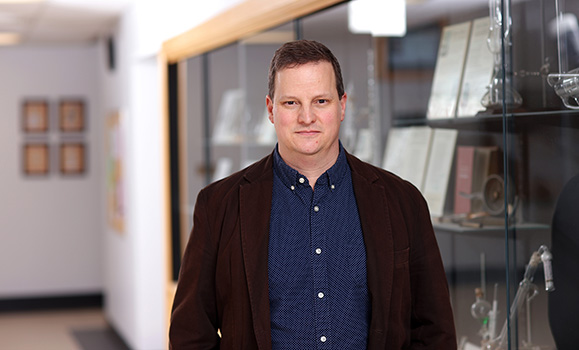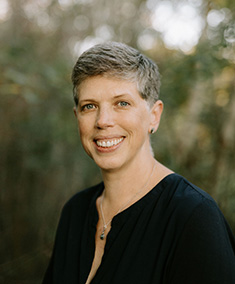(RSC), a fellowship that gathers the brightest minds from across the country, has welcomed two new members from ���ϳԹ��� — scholars whose work pushes the boundaries of what we know and understand.
Dr. Mark Stradiotto of the Faculty of Science now joins the ranks as a newly minted RSC Fellow, an honour reserved for Canadians whose contributions to arts, humanities, sciences, and public life are considered truly transformative by their peers.
Dr. Kate Sherren, also of the Faculty of Science, joins the Society as a Member of the College of New Scholars, Artists and Scientists —a�� title that marks a scholarly journey recognized for its early promise and impact. This recognition is granted to those who, within 15 years of completing their post-doctoral training, are already shaping the contours of their fields.��
“Recognition from the Royal Society of Canada is a significant milestone for Canadian academics, whether as a Fellow at the pinnacle of their field or as a College Member recognized for forging new paths," says Dr. Alice Aiken, Dalhousie’s vice president of research and innovation. "This honour is a testament to the outstanding work of Drs. Stradiotto and Sherren, whose innovative research continues to push boundaries and expand our understanding of the world.”
Dr. Mark Stradiotto
Faculty of Science, Department of Chemistry

Dr. Stradiotto is a world-leader in the field of metal catalysis for assembling organic molecules, including the active pharmaceutical ingredients in medicines. His game-changing research has resulted in the development of the commercialized ‘DalPhos’ (DALhousie PHOSphine) catalysis, which is used widely in addressing important conceptual and practical challenges in the preparation of bioactive molecules, offering high performance and practicality, while encompassing considerations of sustainability.
Learn more about Dr. Stradiotto's research:
Dr. Kate Sherren
Faculty of Science, School for Resource and Environmental Studies
 Dr. Sherren is a Professor of Environmental Social Science focused on the human dimensions of natural resource management and landscape change. Her innovation approach leverages theory and visual methods to tackle a range of critical sustainability challenges such as sustainable agriculture, renewable energy, coastal adaptation and urban form. A compelling communicator committed to mobilizing research, she enriches important societal conversation with social science.
Dr. Sherren is a Professor of Environmental Social Science focused on the human dimensions of natural resource management and landscape change. Her innovation approach leverages theory and visual methods to tackle a range of critical sustainability challenges such as sustainable agriculture, renewable energy, coastal adaptation and urban form. A compelling communicator committed to mobilizing research, she enriches important societal conversation with social science.
��
��
More coverage of Dr. Sherren's research:

